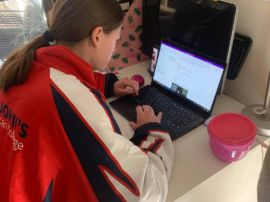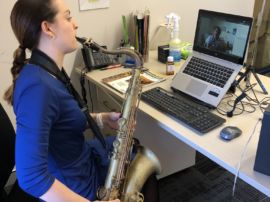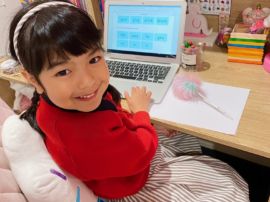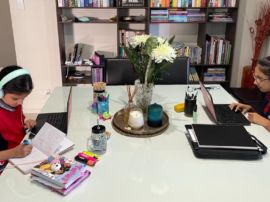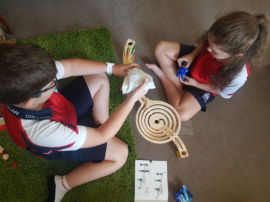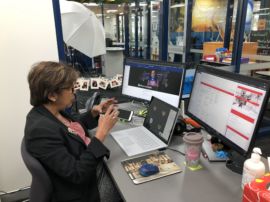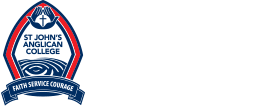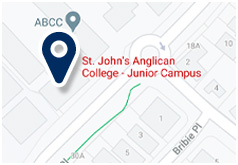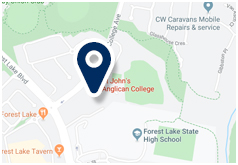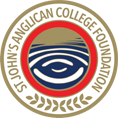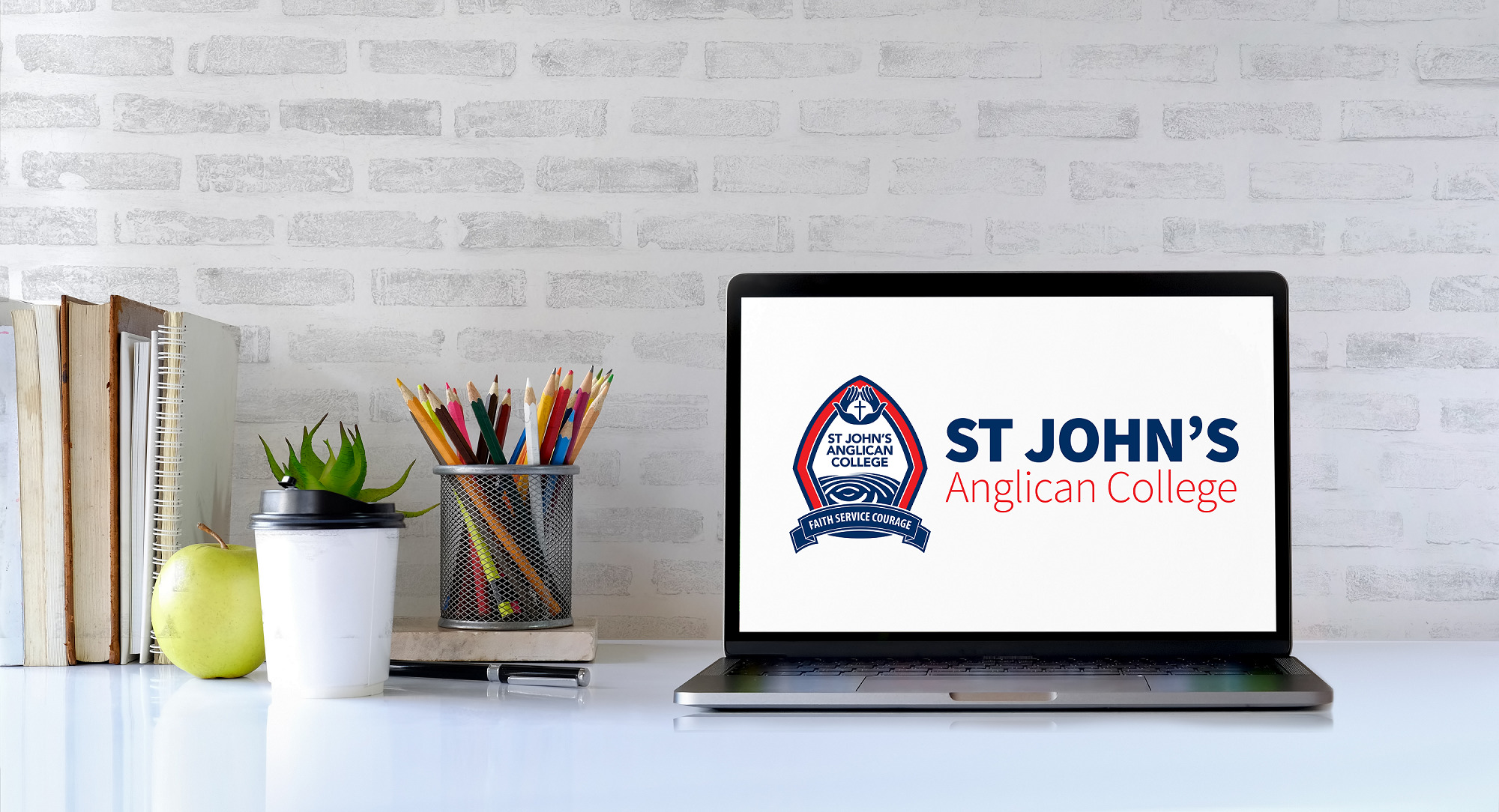
Online Learning Continuity
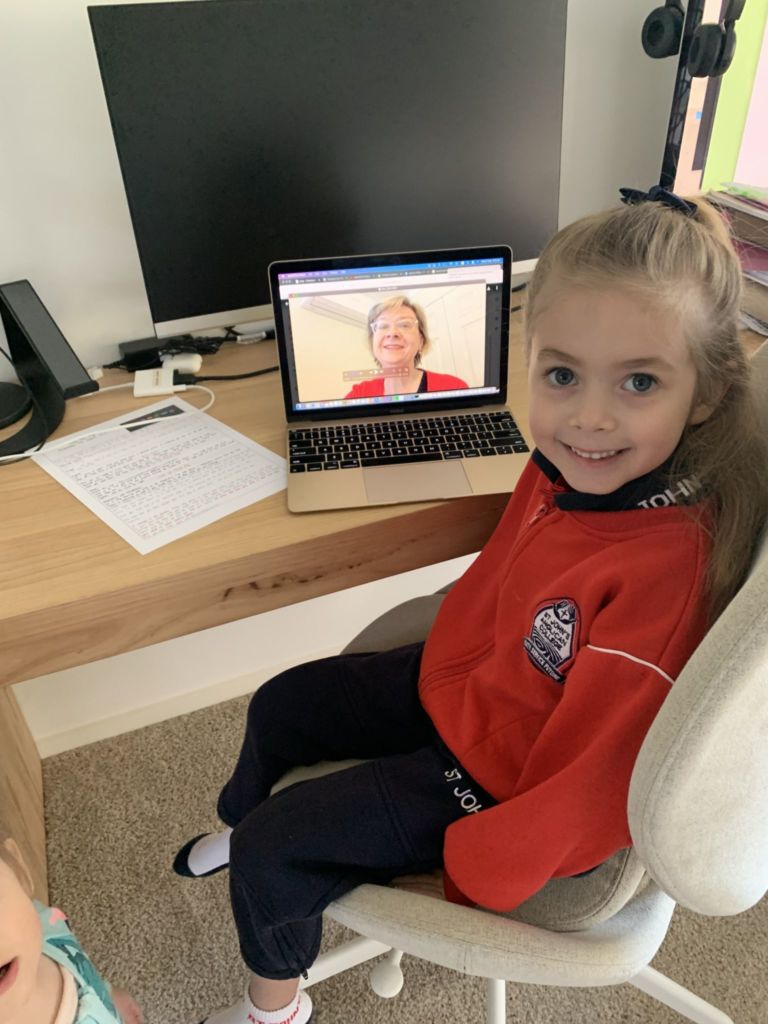
St John’s Academic Contingency Plan prioritises the ongoing provision of quality teaching and learning with course content managed and shared for teachers, students and parents through one central resource My Learning. The delivery of this content is delivered through a range of online platforms including video conferencing, shared and individual notebooks, live chat and emails.
While the preference will always be on-campus learning, students, teachers and parents have transitioned seamlessly to this virtual approach when required.
It is important to remain connected during times of off-campus learning and through a myriad of platforms and a careful balance of on-screen and off-screen learning particularly for those early years students, we can continue to grow as a community.
Junior School Academic Contingency
The Junior School Academic Contingency plan takes a developmentally appropriate form for each of our Junior year levels. It includes a combination of physical resources, online tools and home-based challenges to support and enhance learning experiences.
Our aim is to ensure that, where possible, students are engaged cognitively, physically and socially each day.
It is important to create a safe, practical, comfortable workspace at home for students which will help in developing effective routines and a positive attitude to learning.
Early Years – Kindergarten
Students in Kindergarten, with help from parents, have access to their online learning through My Learning which directs them to familiar applications they currently use in school as well as other relevant and age-appropriate resources.
- The tasks will be based on the Queensland Kindergarten Learning Guideline areas: Wellbeing, Communicating, Active Learning, Connectedness and Identity, and the International Baccalaureate Primary Years Program.
- Most lessons will involve hands-on activities, construction, art and craft and strategies that improve oral language. Families are encouraged to read regularly to their children, ask them questions and involve them in lots of conversations. We recommend that Kindergarten children do not use digital devices for sustained periods of time.
- Children have a wide range of resources to work from including hands-on activities and online resources. They are encouraged to move onto another activity if parents are waiting for a response from their teacher or for a technical issue to be resolved.
We understand that every family is different, with children of different ages and some parents working from home. It may be necessary for families to adapt the daily timetable to suit their particular needs and routines. The most important factor is to engage children in learning experiences, not the exact timing of the learning.
Early Years – Prep to Year 2
Families are required to access My Learning and guide their child through the learning activities and tasks.
Students are given tasks that include sound work, handwriting, additional learning/play – including fine motor and phonics work, brain breaks, mathematics and reading.
Specialist teachers for Speech and Drama, Music, Physical Education, Library and Chinese provide engaging learning activities and families are encouraged to repeat these activities a number of times throughout each week.
Access to specialised online programs such as Study Ladder and Read Theory are also provided.
Junior School – Years 3 to 6
Students, with help from parents, access their online learning through My Learning which will direct them to familiar applications they currently use in school as well as other relevant resources.
Tasks can be found under the curriculum tiles of English, Mathematics, Science, SOSE (Studies of Society and Environment), PYP Inquiry and Specialists.
Links are provided to students and parents to the online programs of IXL Maths and English, Think Mentals, Spelling City, Typing Tournament and Read Theory.
Students are encouraged to complete their daily Resilience Project in their College diaries
Secondary School Academic Contingency
Middle and Senior School – Years 7 to 12
The Secondary School Academic Contingency Plan takes a developmentally appropriate form for all students. It includes a combination of physical resources, online tools and home-based challenges to support and enhance learning experiences. Our aim is to ensure that, where possible, students are engaged cognitively, physically and socially each day.
Our teachers are contactable during the school day from 8.30am to 3.00pm to support, encourage and monitor student participation in lessons. Parents and students can expect work to be available, feedback to be given and updates made on a regular basis. However, teachers will not always be able to reply to emails immediately.
Student learning activities are posted on My Learning in advance with teachers emailing instructions, homework and required resources to students prior to that timetable period. Each subject area has a course page as well as a class page on My Learning.
Links to specialised online programs including Math Pathways, Khan Academy and Education Perfect are provided to all secondary students.
Tips for Parents
- It is important that students retain a regular routine.
- Encourage your child to log on or commence their school day at the same time as they would for on-campus learning.
- Students should follow the regular timetable building in time for recreation, exercise, and downtime.
- Ensure that your child works from a designated area that is safe, quiet and free from unnecessary distractions.
- And breath! The teacher is only an email away if you or your child need clarification and support.
Student Wellbeing
Parents are urged to be mindful that being confined to home for an extended period can cause stress and conflict for any of us. Our students place great emphasis on their interactions with friends and peers and will miss these.
Some suggestions for looking after your child during this period may include:
- Encourage your child to exercise regularly, even better, exercise as a family.
- Encourage your child to keep in touch with friends and family via phone or email. Try using Facetime or Skype as a family to speak with friends and stay connected.
- Take the opportunity to talk to your whole family about what is happening at an age-appropriate level. Understanding the situation will most likely reduce their anxiety.
- Help your child to consider how they have coped with difficult situations in the past and reassuring them that they will cope with this situation too.
- Keep calm and do not become upset if technology is not working well or your child cannot complete certain learning tasks.
- Take plenty of brain breaks and move onto other activities if you or your child become upset or anxious about the learning task they have been asked to complete.


